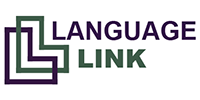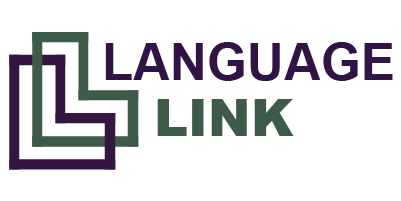MEDICAL ENGLISH It is vitally important that healthcare professionals in English speaking countries can effectively and empathetically communicate with colleagues and patients in a wide variety of medical situations. This course aims to provide participants with practical language skills, so they can 1) accurately elicit patient histories, 2) present and discuss diagnoses and prognoses, 3) advise patients on appropriate treatment plans, 4) present visual information to colleagues and patients in a clear and compelling manner, 5) write grammatically accurate patient histories, medical reports and case studies, and 6) communicate empathetically with patients in difficult situations. In this highly interactive course, participants will acquire essential speaking, listening and writing skills through group work, practical exercises and roleplays. The aim of this course is to enhance and consolidate participants’ comprehension of Medical English and to provide them with practical language strategies, which they can use to communicate effectively and empathetically in a variety of important medical contexts. THE PROGRAMME INCLUDES: PARTICIPANTS WILL LEARN HOW TO: WHO SHOULD ATTEND?
Medical English
Language Link > Medical English

